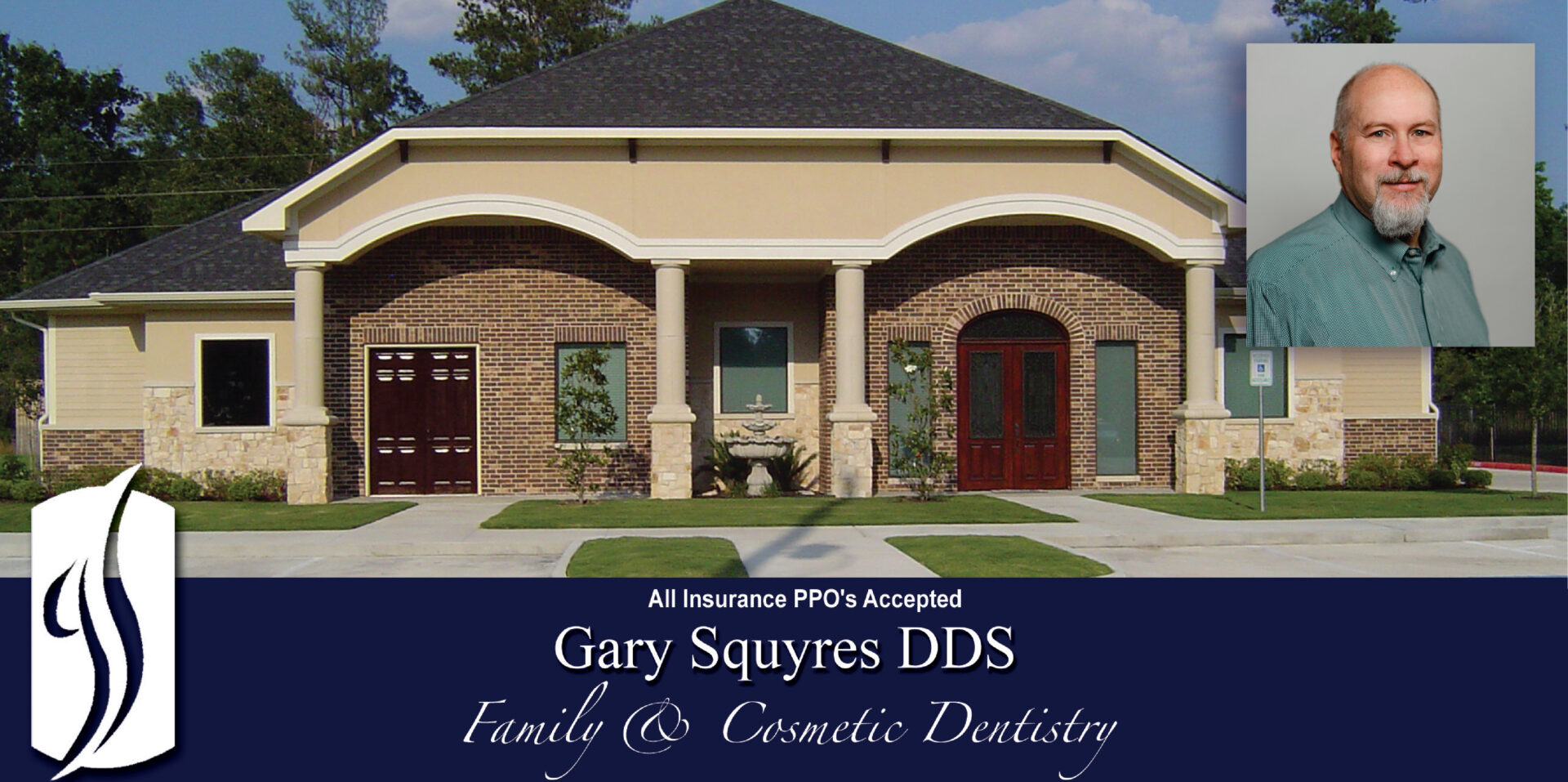Dental Bites: Thinking About Retirement? Then you need to ask yourself…
How much money have I saved for my dental care?
If you are planning to retire soon, add a dental visit to your to-do-list. For those crossing into retirement being cut off from dental benefits can be a rude awakening. While many employers provide employees with insurance that covers dental costs, that coverage comes to an abrupt end when an employee retires. Medicare is great for health benefits but doesn’t cover most routine dental services.
The total projected lifetime dental out of pocket expenses for a 65 year old male came to $8,777 according to the 2015 “Retirement Health Care Costs Data Report” by HealthView Insights. For a 65 year old female, lifetime out of pocket dental expenses stands at $9,813.
There are a few things you can do to help keep your dental costs down during your retirement:
1. Before retirement and your insurance terminates go for a dental visit. This should include x-rays, cleaning, and an exam. IF there are any dental problems they can be diagnosed at this appointment and scheduled for treatment before your dental coverage ends.
2. Don’t be afraid to ask questions or discuss any dental concerns you may have with your dentist. These questions can include puffy or swollen gums, bleeding gums, loose teeth, and darkening of teeth.
3. Utilize your insurance before it is terminated by your employer. In other words, get your dental work started and completed as soon as possible.
While it’s impossible to accurately predict the exact dental costs you will face in the coming years, doing the following analysis can help you. Just remember it’s all based on risk. Start by evaluating your past history of dental health. For example, if you have needed several root canals in recent years, you may need further care in the coming years. If you are on multiple medications for a long period of time, you chance of having dry mouth could increase, which in turn could lead to gum or teeth problems. On the other hand, if you haven’t needed any major dental work up to this point, costs for the coming year could consist of regular cleanings, x-rays, and exams. However, your current dental health, and regular dentist visits are important for your overall health and spotting any issues early.
As a retiree, there are a few choices to consider:
1. Purchase a dental savings (discount plan) that your dentist participates in. This is where you pay for a year to the dental plan and then you pay each time services are rendered.
2. Purchase a PPO plan. If you want to continue going to the same dentist call that office before you purchase that plan and ask if they’re in network with it. You may want to discuss the pros and cons of the plan with your dentist’s Insurance Coordinator.
3. Pay out of pocket. Ask your dentist the cash price for routine prophy, exam and x-rays.
Remember as a retiree in your golden years, your oral health is still very important. Continue going to the dentist to maintain good oral health.




